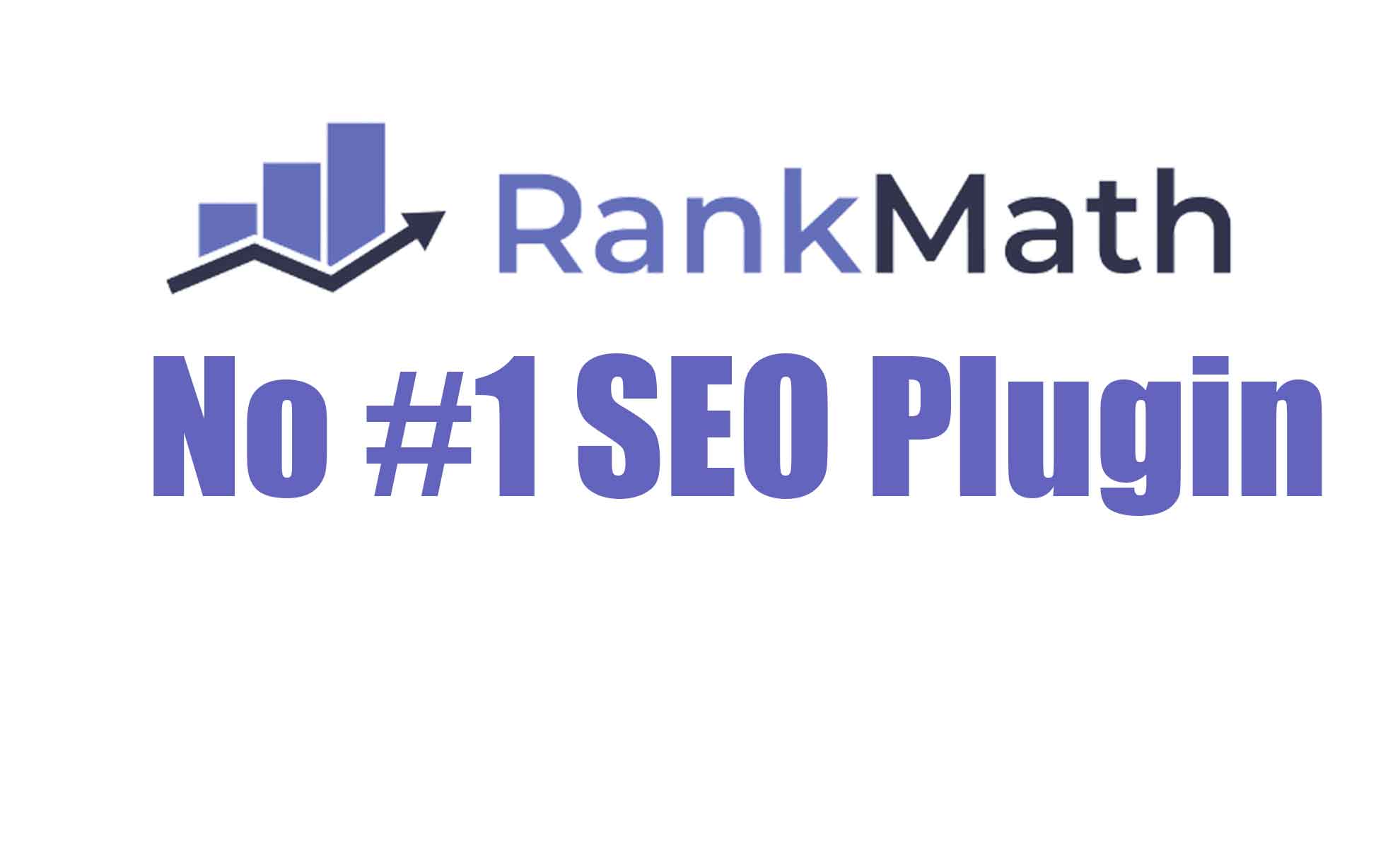
Why is organic traffic and SEO important?
Why is organic traffic and SEO important?

Howdy, Stranger!
It looks like you're new here. If you want to get involved, click one of these buttons!
Quick Links
Categories
- 6.9K All Categories
- 98 Announcements
- 1.4K General Talks
- 1K Shared Hosting Offers
- 233 Reseller Hosting Offers
- 2.5K VPS Hosting Offers
- 232 Cloud Hosting Offers
- 1.1K Dedicated Server Offers
- 12 Hybrid Server Offers
- 3 Colocation Offers
- 39 Domain Name Offers
- 4 Hosted Email Offers
- 76 Search Engine Optimization
- 265 Other Hosting Offers
- 45 Tutorials
- 53 Black Friday and Cyber Monday and Celebration Offers
In this Discussion







Comments
SEO helps ensure your website is visible in search engines, allowing potential customers to find you naturally.
For businesses like mine, which focus on web hosting and server solutions, a strong online presence is essential to attract and retain clients. A well-optimized website means better visibility for services like cloud-powered virtual servers, web hosting packages, and colocation services.
To increase organic website traffic, follow these detailed steps:
1. Quality Content Creation:
2. On-Page SEO:
3. Keyword Research:
4. Technical SEO:
5. Content Promotion:
6. Link Building:
7. User Experience (UX):
8. Analytics and Monitoring :
9. Local SEO (if applicable) :
10. Content Updates :
11. Patience and Consistency :
12. Competitor Analysis :
Analyze your competitors' strategies to identify gaps or opportunities you can leverage.
13. Voice Search Optimization :
14. Schema Markup :
15. Mobile Optimization :
█ [GreenHost.Cloud | Reliable & eco-friendly Web Hosting Solution]
█ [Cloud > Website Hosting | WordPress Hosting | Website Builder | Email Hosting]
█ [One tree per customer]